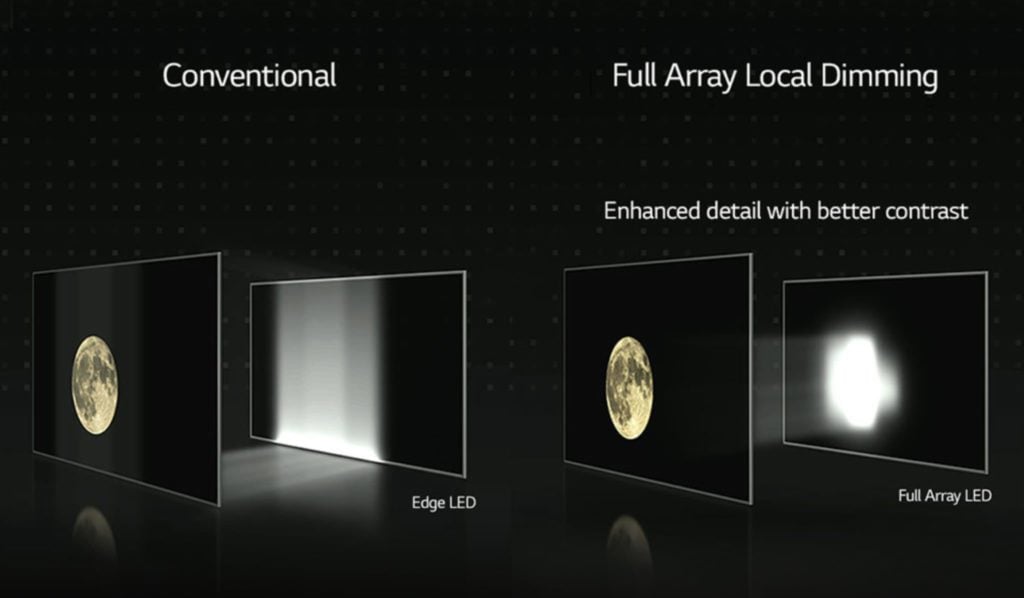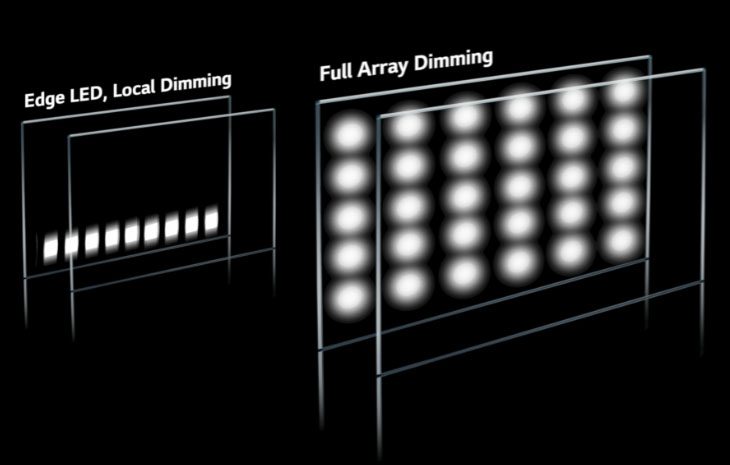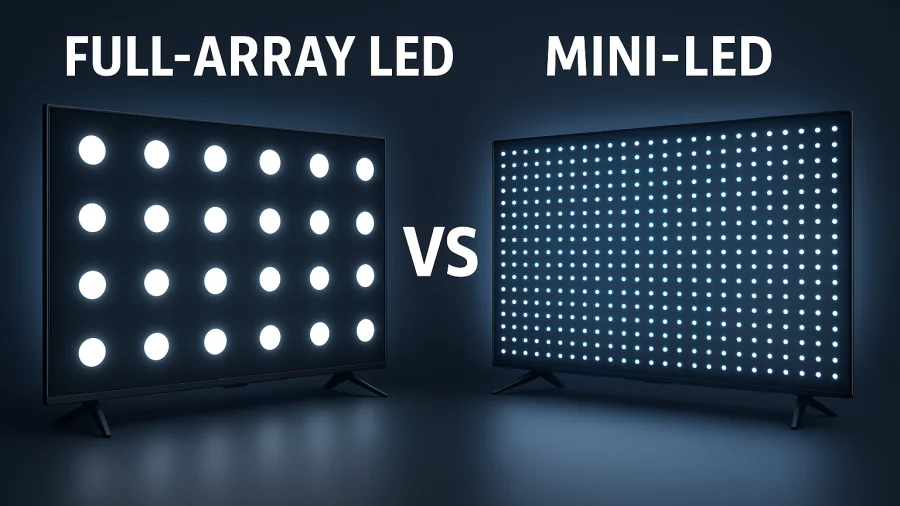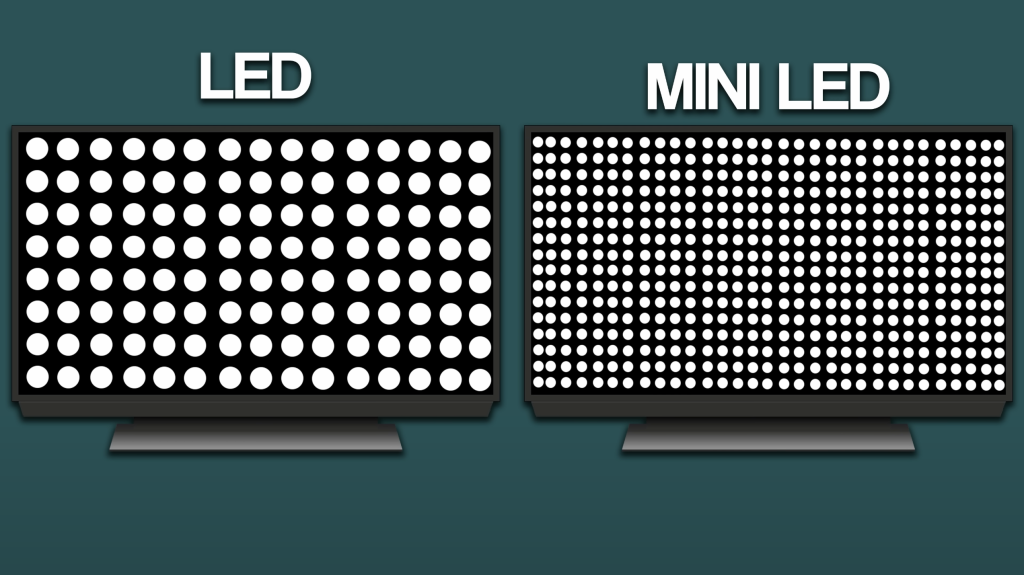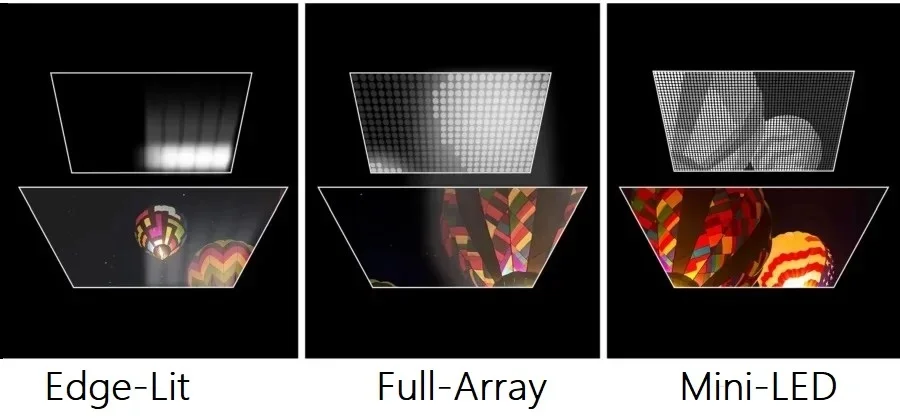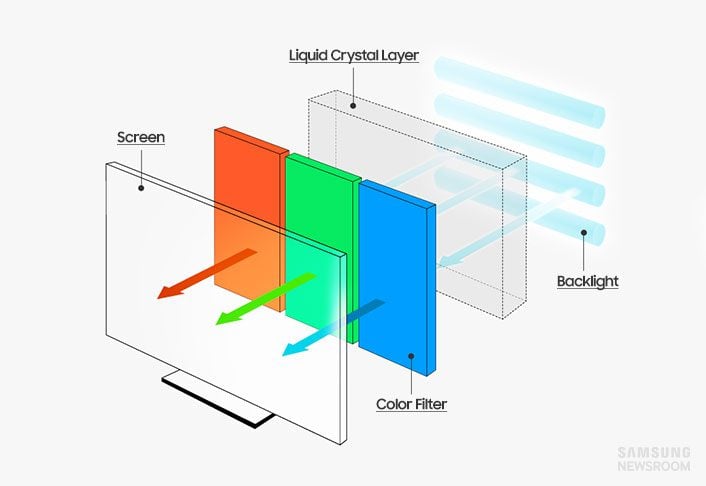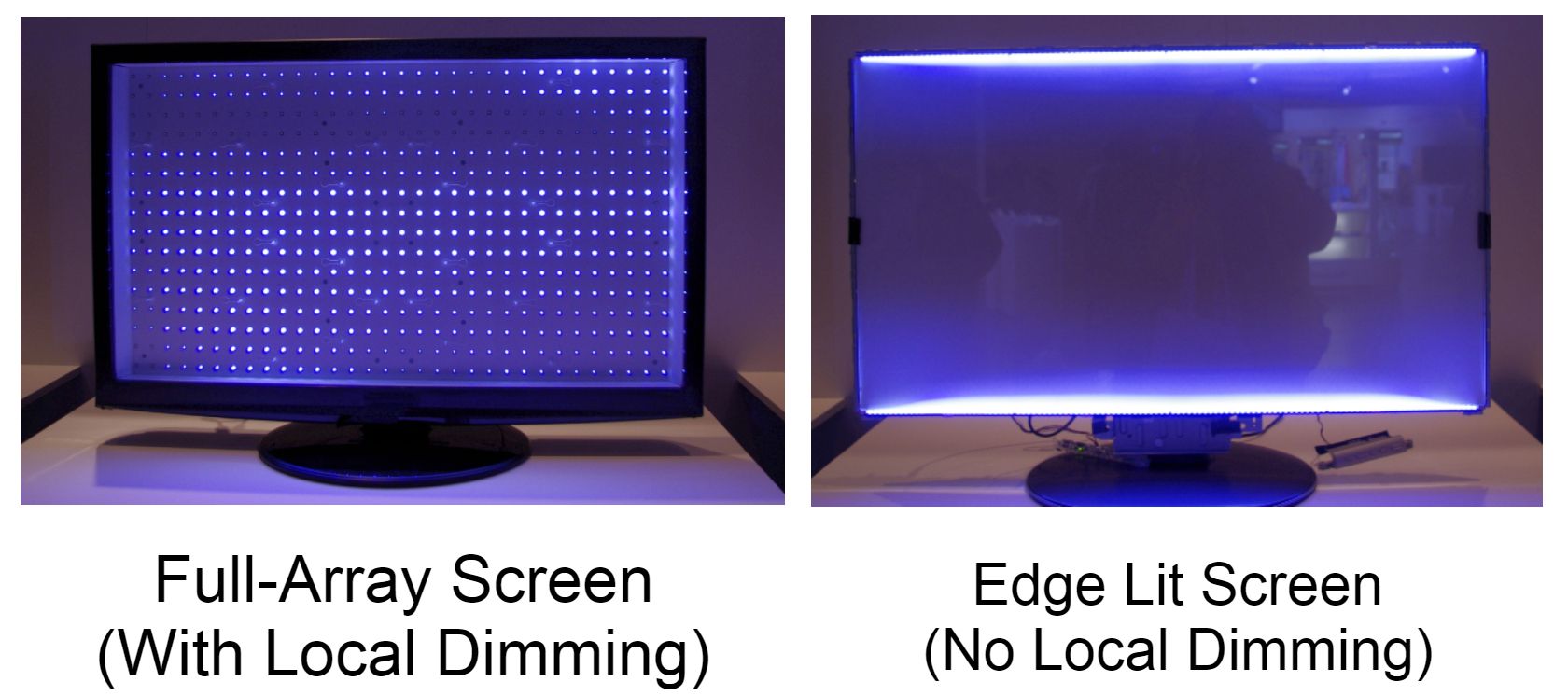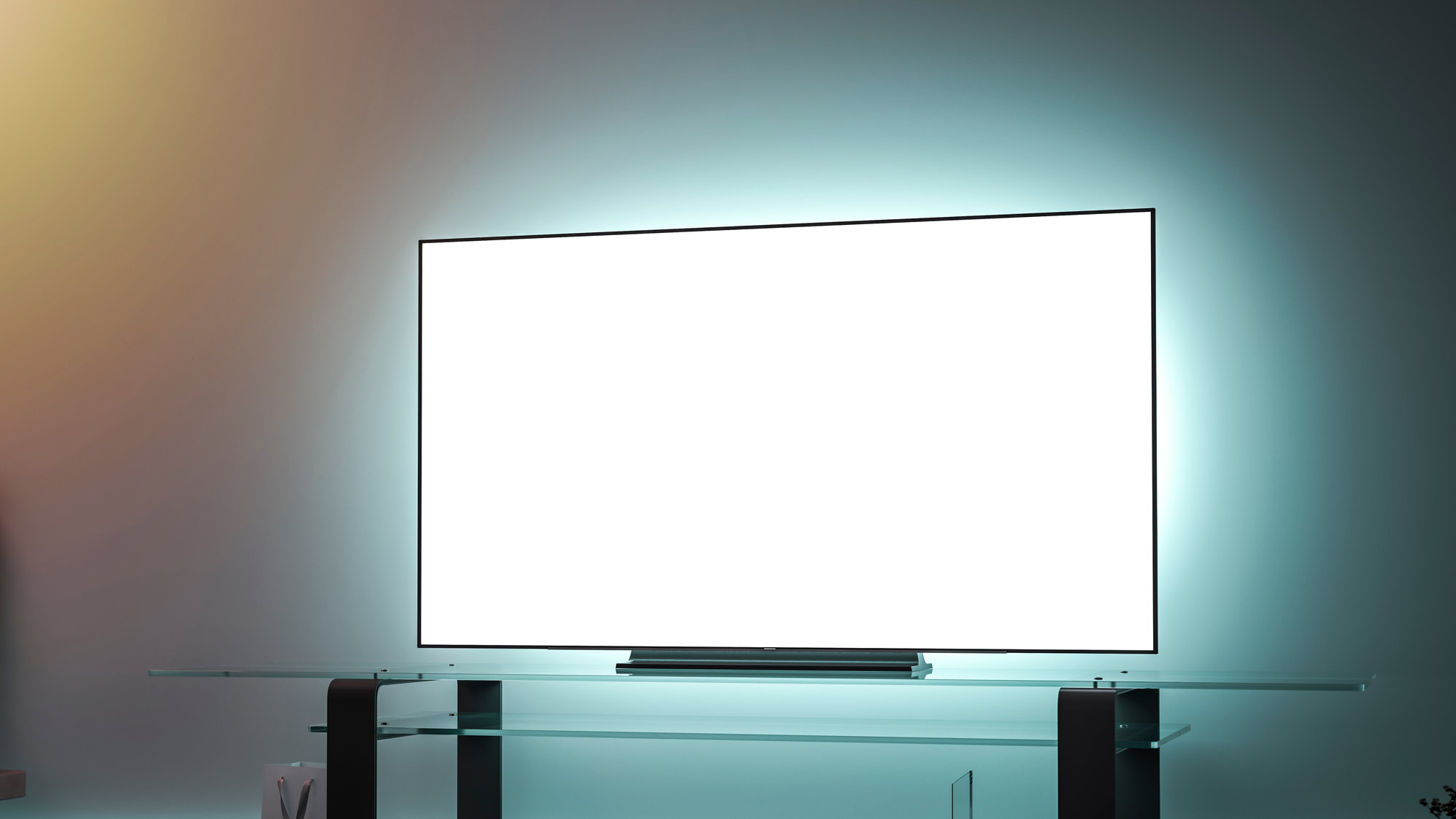Full Array Backlight Vs Local Dimming

In the ever-evolving world of television technology, consumers are constantly bombarded with acronyms and technical specifications. Two key terms that often surface when discussing picture quality are "Full Array Backlight" and "Local Dimming". Understanding these features is crucial for making informed decisions when purchasing a new TV.
This article aims to demystify these technologies, explaining how they work, their benefits, and potential drawbacks. By clarifying the nuances of full array backlight and local dimming, consumers can better assess which features best suit their viewing preferences and budget.
Understanding Backlight Technology
All LED-LCD TVs require a backlight to illuminate the liquid crystal display, creating the image we see. Traditionally, edge-lit backlights were common, placing LEDs along the edges of the screen.
However, this method often resulted in uneven brightness and poor contrast. Full array backlighting emerged as an alternative, positioning LEDs directly behind the entire screen for more uniform illumination.
The Role of Local Dimming
Local dimming is a technology designed to improve contrast by controlling the brightness of specific zones within the backlight. When implemented effectively, it allows TVs to display deeper blacks and brighter whites simultaneously.
This significantly enhances the dynamic range of the image, resulting in a more realistic and immersive viewing experience. Different TVs offer varying numbers of dimming zones, impacting the precision and effectiveness of the local dimming.
Full Array Local Dimming (FALD): The Combined Approach
The most advanced implementations combine full array backlighting with local dimming, often referred to as "FALD" (Full Array Local Dimming). FALD allows for granular control over the backlight, dimming or brightening specific zones based on the content displayed on screen.
This is generally considered superior to edge-lit TVs with local dimming, as it provides more consistent brightness and reduces blooming (a halo effect around bright objects on a dark background). The effectiveness of FALD depends on the number of dimming zones; more zones generally lead to better contrast and less blooming.
Benefits of Full Array Local Dimming
The primary benefit of FALD is significantly improved contrast ratio. This results in deeper blacks, brighter highlights, and a more vibrant overall picture.
FALD also enhances shadow detail, allowing viewers to see subtle gradations in dark scenes. This adds depth and realism to the image, particularly noticeable in movies and games.
Potential Drawbacks and Considerations
While FALD offers numerous advantages, it's not without potential drawbacks. One issue is blooming, which can occur when bright objects are displayed next to dark areas.
The visibility of blooming depends on the number of dimming zones and the effectiveness of the TV's processing. Furthermore, TVs with FALD typically cost more than those with edge-lit backlights or fewer dimming zones.
Impact on Consumers and the TV Market
The increasing availability of TVs with full array local dimming has significantly impacted the television market. Consumers are now more aware of the importance of contrast and dynamic range, driving demand for higher-quality displays.
Manufacturers are constantly innovating to improve local dimming technology, offering TVs with more dimming zones and more sophisticated algorithms. This competition ultimately benefits consumers by driving down prices and improving overall picture quality.
Making the Right Choice
When choosing a TV, consider your viewing environment and content preferences. If you primarily watch movies and play games in a dimly lit room, a TV with FALD can significantly enhance your experience.
However, if you mainly watch daytime television in a bright room, the benefits of FALD may be less noticeable. Ultimately, the best choice depends on your individual needs and budget.
Consult reviews and compare specifications to find a TV that offers the best balance of performance and value. Remember to consider factors such as screen size, resolution, and other features that are important to you.
